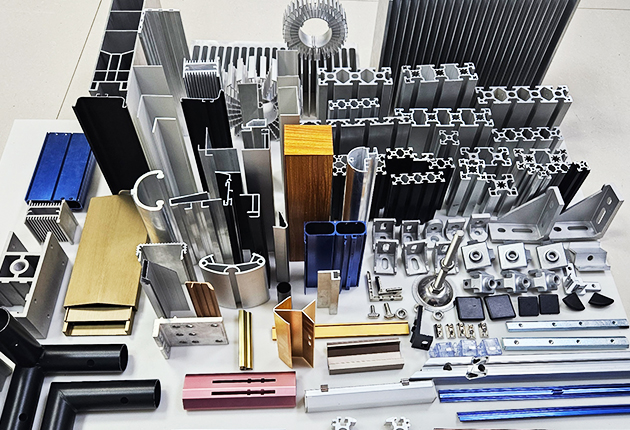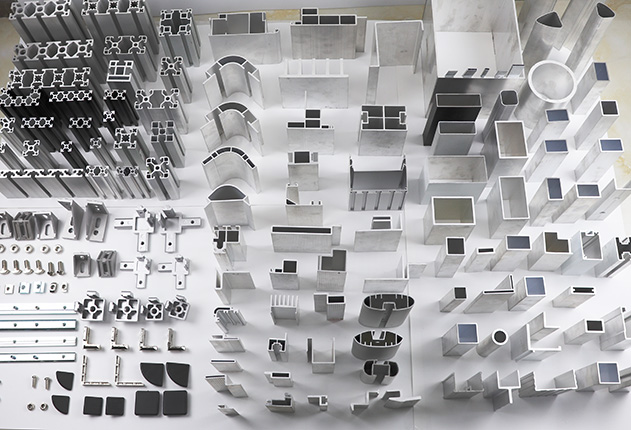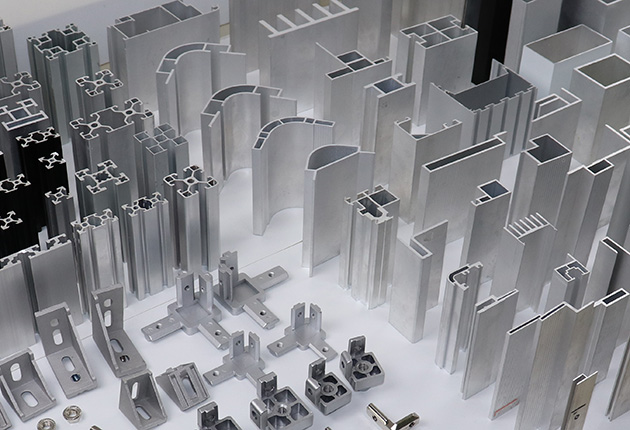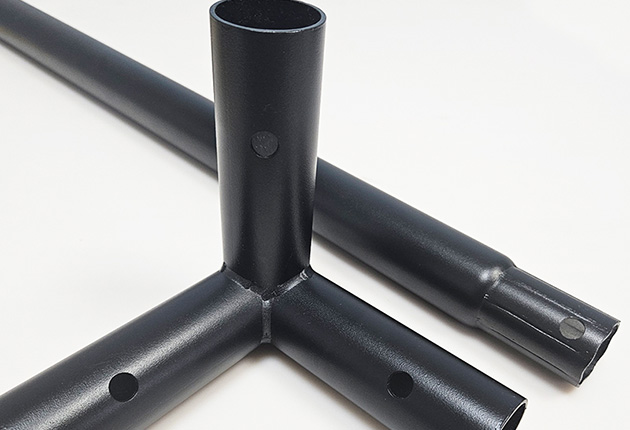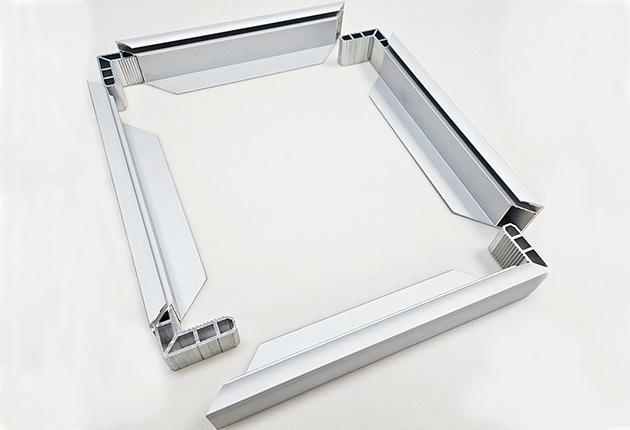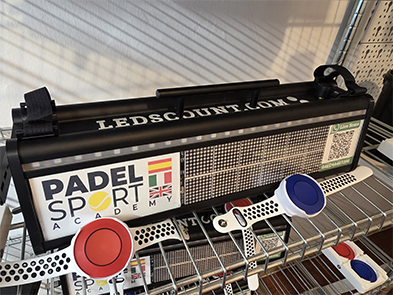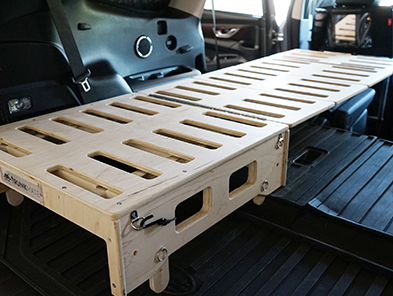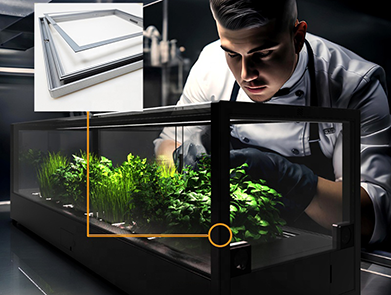Applications of Aluminum Profiles in Construction, Automotive, Electronics, Solar Energy and More
2025-08-19
Aluminum profiles are among the most versatile materials in modern manufacturing. With their lightweight, high strength, corrosion resistance, excellent thermal and electrical conductivity, and ease of processing, they are widely applied in construction, automotive, transportation, solar energy, electronics, machinery, furniture, and many other industries. This article explores the main applications, advantages, and future trends of aluminum profiles.
Construction Industry – Building Aluminum Profiles
Aluminum profiles are widely used in building applications such as doors, windows, curtain walls, roofing structures, railings, and decorative panels. These construction aluminum profiles offer durability, weather resistance, and a modern look, making them a preferred material for architects and builders.
Transportation – Lightweight Aluminum Profiles
In the transportation sector, transportation aluminum profiles are applied in railway and metro systems, including train car bodies, luggage racks, and interior panels. Their lightweight properties help reduce fuel consumption and increase efficiency, making them critical for modern logistics and passenger transport.
Automotive and New Energy Vehicles – Automotive Aluminum Profiles
The automotive industry increasingly relies on automotive aluminum profiles for vehicle body structures, battery trays, radiators, and lightweight parts. By reducing vehicle weight, these profiles improve fuel efficiency in traditional cars and extend driving range in electric vehicles.
Solar Energy and Renewable Power – Solar Aluminum Profiles
In the renewable energy sector, solar aluminum profiles are key materials for photovoltaic module frames and solar panel mounting systems. Their corrosion resistance and strength ensure long-lasting performance in outdoor environments.
Electronics and Machinery Components – Industrial Aluminum Profiles
Aluminum profiles play an important role in electronics and industrial equipment. They are used in heat sinks, device frames, and protective enclosures. In machinery, industrial aluminum profiles form the structural framework for automation lines, workstations, and precision equipment.
Furniture Industry – Aluminum Furniture Profiles
Modern furniture design often integrates furniture aluminum profiles in wardrobes, cabinets, shelves, and office furniture. These profiles combine strength with a sleek design, offering eco-friendly and durable solutions for residential and commercial use.
Other Applications – Multi-Industry Aluminum Profiles
Beyond the main industries, custom aluminum profiles are also widely used in aerospace, exhibition displays, medical equipment, and various specialized engineering solutions. Their adaptability allows manufacturers to create tailor-made designs for unique industrial requirements.
Advantages of Aluminum Profiles
Lightweight yet strong
Resistant to corrosion and weathering
Excellent thermal and electrical conductivity
Easy to process and customize
100% recyclable and eco-friendly
Market Trends and Outlook
The global demand for aluminum profiles continues to grow, driven by applications in photovoltaics, electric vehicles, modern construction, and sustainable manufacturing. Looking ahead, the industry will emphasize high-performance aluminum alloys, green manufacturing, and intelligent production technologies.
Conclusion
Aluminum profiles have become a cornerstone material across multiple industries. Their wide range of applications in construction, automotive, transportation, solar energy, electronics, machinery, and furniture demonstrates their unmatched versatility. With ongoing innovations, aluminum profiles will continue to support industrial development and sustainable growth worldwide.
Telephone number: +86 15093222866
Whatsapp:+86 15093222866
Email: huayangalu@gmail.com
